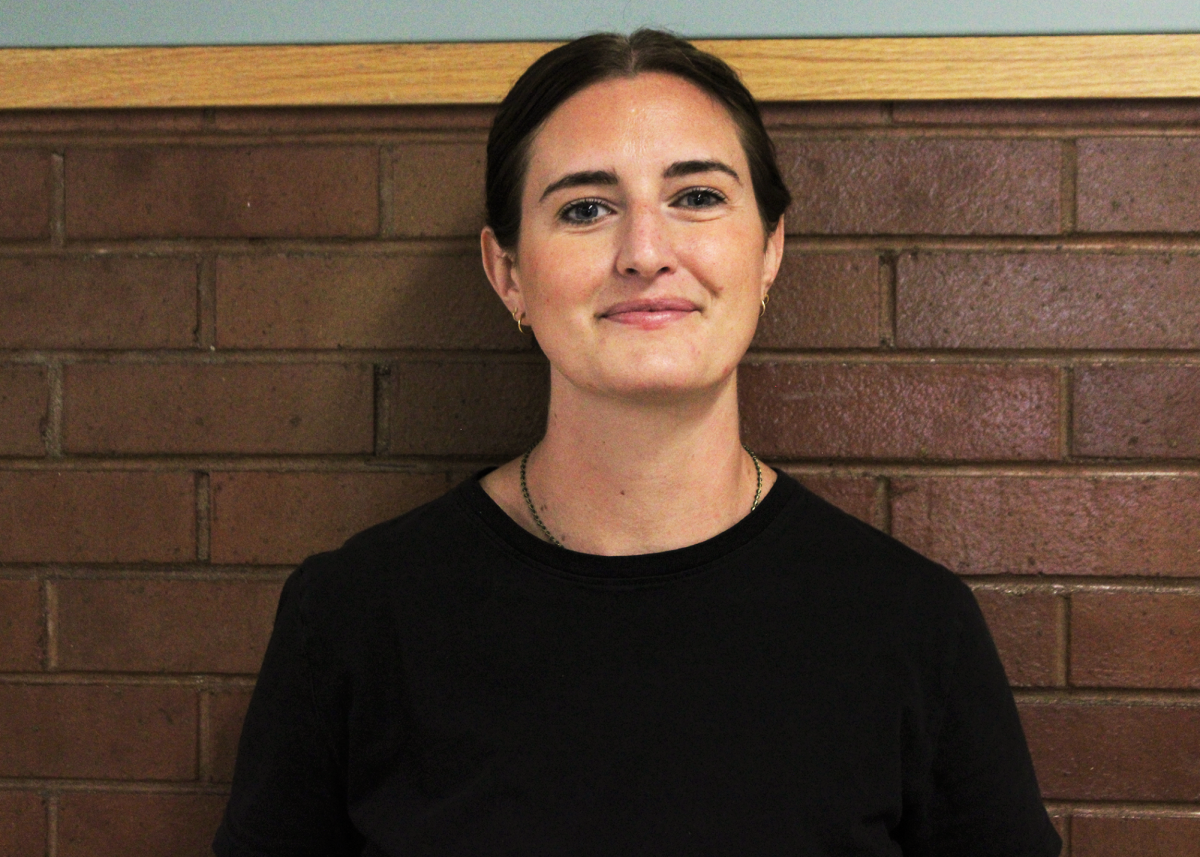The Voting Age Should Be Lowered To 16
January 5, 2022
Globally there has been an increase in teen involvement in protests and rallies across the globe, as students demonstrate their opinions, and it has been gaining serious media attention. Greta Thunberg has taken the world by storm, holding speeches and protests around the world even though she is still in her teens.
She has spearheaded a new generation of political activists, and has been nominated for a Nobel Peace Prize two times, but in America, one of the world’s most well-known climate advocates and campaigners wouldn’t have been able to do something vital to policy and affairs, vote.
But even though her voice is loud, along with millions of other teenagers, when it comes to truly making their voices heard, they have been muted.
For instance, Highland student Kayta Guillory thinks that, “A lot of young people today are frustrated by the fact that they don’t have a say in what our law makers do, especially because the decisions they are making right now will, more than ever before, will affect the future world we inherit.”
Additionally, the voting age in the U.S has been trending downwards. The federal voting age in the US is set at 18 years of age, which came down from 21 years of age after the 26th Amendment was ratified.
This amendment was ratified because 18-20 year-olds were being drafted into war, paying taxes, and participating in the economy. The logic was that because they were serving the US, they should be allowed to have a say about how it is governed.
Today, 16 and 17 year-olds are also a part of the American economy, as many work their own jobs, and consequently pay their own income taxes. Taxation without representation has historically been a fundamental part of change in the US, and was an enormous reason why this country was founded in the first place. And there’s no reason why this should not drive change today.
Critics of this plan argue that 16 year-olds are too immature to take part in such an important process, but 16 year-olds are allowed to drive independently, taking part in a process that creates a leading cause of unnatural deaths. If 16 and 17 year-olds are trusted with their own and other people’s lives, they can be trusted to do what’s best for them and their country as well. Just as teens don’t go around actively getting into car wrecks, they won’t make poorly informed decisions at the polling booths.
Not only would lowering the voting age give taxpaying teens a voice, but it could very well increase the amount of teens that follow and are invested in politics and current events, as this would give them the responsibility to start educating themselves. Contrary to opponents who may claim that there would be low turnout from this age range, these teens are at a time where they can be supported by parents and teachers so that they can make good choices, while still retaining enough independence to form their own thoughts and ideals. This in itself would be a boon toward voter turnout in the future, as good voting practices should be likely to stick with voters in the future.
“Teenage years are a time when we discover what our passions are and develop lifelong habits.” Guillory said. “By fostering political awareness in these critical years, we could promote a more assertive and well-informed voting mass in the future.”
Also, some critics claim that teens just aren’t invested in politics, but that is a fallacy. There are plenty of teen activists out there, and there are far more politically minded teens who aren’t as vocal. And the teens who are uninterested will behave like any other uninterested voter – they won’t vote.
Voting rights and suffrage have been a major issue in the past, the US needs to continue advancing by granting suffrage to 16 and 17 year-olds who will thrive given the ability to have a say in the governing of this country.




























